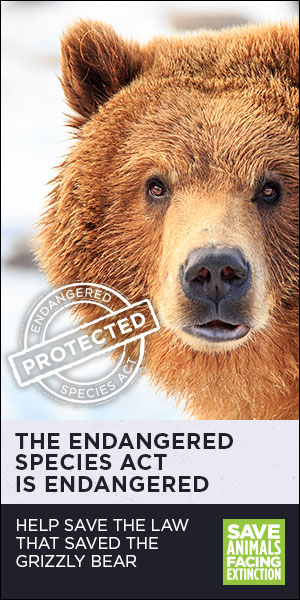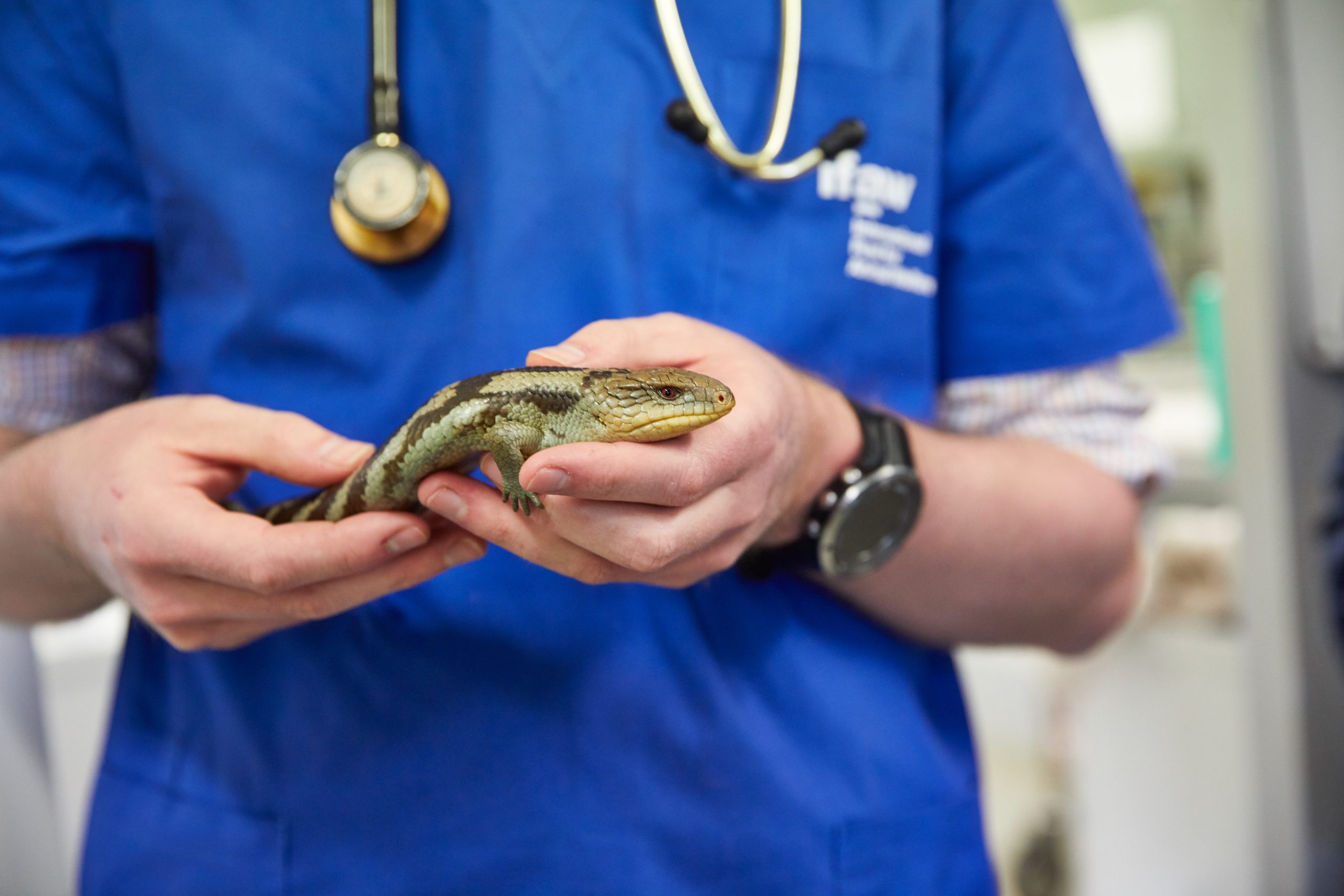When was the last time you peeked inside your pet’s mouth? Our furry companions can’t tell us when something’s wrong, especially with something as hidden as dental issues. But, oral health is a critical part of their overall well-being. Ignoring dental care could lead to severe health complications, affecting more than just their mouths.
As responsible pet owners, we need to be proactive in recognizing and addressing our pets’ dental needs, possibly even considering veterinary dental surgery to remedy serious conditions.
Understanding Pet Dental Anatomy and Potential Issues
Pets experience many of the same dental challenges as we do. Plaque, tartar, periodontal disease – these aren’t exclusively a human predicament. Our dogs and cats can experience them, too.
- Plaque and Tartar Build-up
- Gingivitis and Periodontal Disease
- Tooth Abscesses and Fractures
While most of us remember our pets need vaccinations and regular check-ups, dental care often falls by the wayside—which shouldn’t be the case, given the undeniable link between dental health and overall health.
Recognizing the Signs of Dental Diseases in Pets
Visible Indicators of Oral Distress
- Bad Breath
- Visible Tartar on Teeth
- Swollen or Bleeding Gums
- Discolored Teeth
Behavioral Changes Reflecting Dental Pain
- Loss of Appetite or Difficulty Eating
- Pawing at the Mouth
- Unusual Drooling
- Changes in Chewing Habits
Physical Symptoms to Watch For
- Weight Loss
- Lethargy
- Facial Swelling
Preventative Dental Care for Pets
Your vet might have told you that prevention is the best cure—and they’re right. Regular dental care can save your pet from a lot of pain (and save you from hefty bills). Here’s how you can keep your pet’s pearly whites sparkling:
- Daily brushing: Using a canine or feline toothpaste every day can significantly reduce plaque.
- Dental-friendly diets and treats: Some foods are designed to prevent tartar buildup.
- Regular dental check-ups: These can catch problems before they become serious.
Professional Dental Cleanings and Examinations
Sometimes, despite our best efforts, professional intervention is needed. Much like a human dental appointment, professional cleaning for your pet involves scaling to remove plaque and tartar, polishing, and a thorough examination for any signs of dental disease.
Indications That Your Pet May Need Dental Surgery
But how do you know when your pet needs more than just a cleaning? Here are some tell-tale signs:
- Non-responsive to Traditional Cleaning
- Severe Periodontal Disease
- Broken or Loose Teeth
- Oral Tumors
These symptoms may indicate that your pet is a candidate for dental surgery.
The Process of Veterinary Dental Surgery
Before Surgery: Pre-Operative Assessments
Before your pet undergoes dental surgery for cats and dogs, a comprehensive health check will be conducted to ensure they’re fit for surgery. This may include:
- Blood Work
- Health Evaluation
- Dental X-rays
During Surgery: Procedures and Safety Measures
On the day, various dental surgeries can be performed, ranging from simple extractions to more complex root canals or jaw repairs. Throughout all this, your pet’s vitals will be closely monitored.
After Surgery: Recovery and Post-Operative Care
Post-surgery, your pet’s comfort and recovery are the top priorities. You’ll be given detailed instructions for home care, which may include:
- Medications for pain relief;
- Quiet space for their recovery;
- Special diet.
Complications and Risks Associated with Dental Surgery in Pets
As with any surgery, there are risks. Anesthesia has its inherent risks, and dental surgery may lead to post-operative infections or other complications. Your vet will go over all potential risks and how to spot post-surgery red flags.
Reputable Vet Hospital
Don’t hesitate to seek advice and treatment from a reputable veterinary hospital if you suspect your pet might need dental surgery or care. Ultimately, addressing your pet’s dental health is a fundamental part of loving and caring for them properly.
Cost Considerations and Insurance for Pet Dental Care
Pet owners often balk at the cost of veterinary procedures. But don’t let sticker shock deny your pet the care they need. Many factors influence the price, from the nature of the surgery to medications and follow-up care. It’s a good idea to look into pet insurance options, particularly those that cover dental care.
Choosing the Right Veterinary Dentist for Your Pet
Picking the right dentist for your beloved pet means looking for credentials, experience, and the quality of care they offer. You’ll want to find a veterinary clinic that offers a blend of expertise, compassion, and state-of-the-art facilities.
For instance, if you’re looking for a vet surgeon for cats in Brooklyn, NY, research local clinics specializing in feline dental surgery. Word-of-mouth recommendations and reviews can also guide you in the right direction.
Conclusion
Ensuring that our pets lead healthy and comfortable lives requires attention to their dental care. Recognizing the signs of dental distress, pursuing preventative measures, and seeking professional guidance are all crucial steps. Always remember, the care we provide is a testament to the bond we share with our furry friends, and nothing is too good when it comes to their health and happiness.


